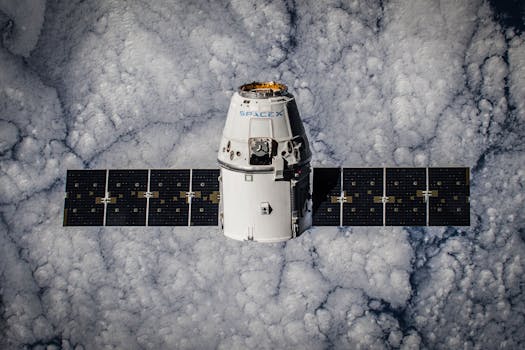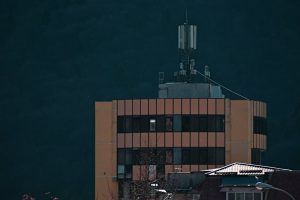
The Future of Satellites: Revolutionizing Global Communication and Exploration
The future of satellites is poised to revolutionize global communication and exploration, with advancements in technology and innovative applications. The Future of satellites is an exciting and rapidly evolving field, with new developments and discoveries being made regularly. From improving global communication and navigation to enhancing our understanding of the universe, satellites play a vital role in modern society.
Advancements in Satellite Technology
Recent advancements in satellite technology have enabled the development of smaller, more efficient, and cost-effective satellites. This has led to an increase in the number of satellite launches, with many countries and companies investing in satellite technology. The use of advanced materials and propulsion systems has also improved the performance and lifespan of satellites. For instance, the use of solar electric propulsion has enabled satellites to maintain their position and altitude for longer periods, reducing the need for costly and complex maintenance.
The Future of satellites is also being shaped by the development of new satellite constellations, such as the Starlink constellation, which aims to provide global internet connectivity. These constellations consist of thousands of small satellites that work together to provide high-speed internet access to remote and underserved areas. This technology has the potential to bridging the digital divide and providing access to information and communication for millions of people around the world.
Innovative Applications of Satellites
Satellites are being used in a variety of innovative ways, from monitoring climate change and tracking natural disasters to providing navigation and communication services. The use of satellites in earth observation has enabled scientists to study the environment and track changes in the climate, oceans, and land use. This information is essential for understanding and mitigating the impacts of climate change, as well as for developing sustainable practices and policies.
The Future of satellites is also being used in the field of space exploration, with satellites being used to study the universe and search for signs of life beyond Earth. The use of satellites in astrophysics has enabled scientists to study the formation and evolution of galaxies, stars, and planets, as well as to search for dark matter and dark energy. This research has the potential to significantly advance our understanding of the universe and our place within it.
Challenges and Opportunities
Despite the many advantages and opportunities presented by satellites, there are also challenges and concerns that need to be addressed. One of the main challenges is the issue of space debris, which poses a risk to the safety and operation of satellites. The increasing number of satellites in orbit has also raised concerns about the potential for collisions and interference.
Another challenge is the issue of regulation and governance, with many countries and companies investing in satellite technology and launching satellites into orbit. There is a need for international cooperation and agreements to ensure that the use of satellites is safe, sustainable, and responsible. The Future of satellites also raises concerns about the potential for satellites to be used for military or surveillance purposes, which could have significant implications for global security and privacy.
Conclusion
In conclusion, the future of satellites is exciting and rapidly evolving, with advancements in technology and innovative applications. The use of satellites has the potential to revolutionize global communication and exploration, and to significantly advance our understanding of the universe. However, there are also challenges and concerns that need to be addressed, including the issue of space debris, regulation, and governance. As the use of satellites continues to grow and expand, it is essential that we prioritize sustainability, responsibility, and international cooperation to ensure that the benefits of satellite technology are shared by all.





